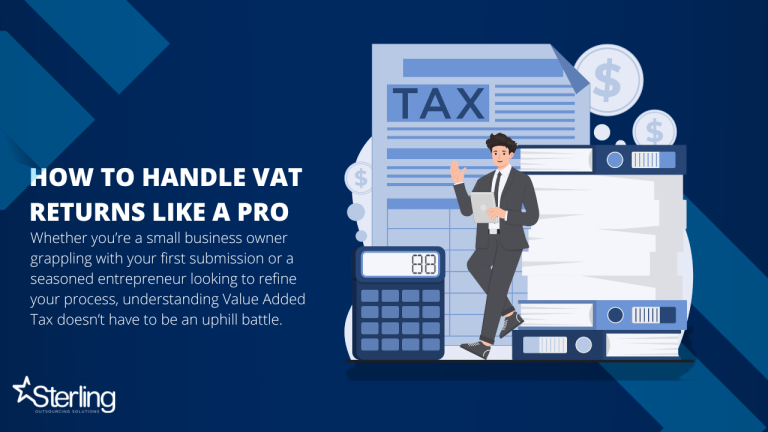Filing your tax returns correctly and on time is crucial for staying compliant with tax laws and avoiding penalties. Whether you’re managing a self-assessment tax return, a company tax return, or handling your taxes as a self-employed individual, this guide walks you through the process to ensure accuracy and timeliness.
Understanding the Importance of Timely and Accurate Tax Filing
Filing your UK tax return accurately and on time is more than a legal obligation—it’s a vital step to maintaining financial stability. Missing deadlines can lead to penalties, while errors can result in audits or overpayments. For self-employed individuals and businesses, understanding tax obligations ensures compliance and can even help in better financial planning.
Company Tax Return
A company tax return applies to businesses registered as corporations. It involves submitting your Corporation Tax computation to HMRC. Key points include:
- Filing your return through HMRC’s online portal.
- Ensuring your profit and loss statements, allowances, and deductions are accurately reported.
- Staying aware of the deadlines for submission and payment, typically nine months after the end of your company’s financial year.
Self-Employed Tax Return
For the self-employed, a self-assessment tax return is necessary to report your income and pay taxes. This includes income from freelancing, sole proprietorships, or side gigs. Key tips for filing:
- Keep meticulous records of your income and expenses.
- Use accounting software to simplify calculations.
- File before the self-assessment tax return filing deadline to avoid penalties.
The Different Forms and Schedules for Filing Taxes
Understanding the appropriate forms is crucial for correct filing. In the UK, these may include:
- SA100: The primary tax return form.
- SA103S or SA103F: Forms for self-employed individuals.
- SA105: For rental income.
- CT600: For companies filing Corporation Tax.
Ensure that all relevant schedules and supplementary pages are attached based on your income sources.
How to Use HMRC’s Online Tools for Easier Tax Filing
HMRC provides various online tools to streamline the tax return UK process. Follow these steps to use their services effectively:
- Create an account on HMRC’s website (tax return login).
- Use the self-assessment feature to fill out and submit your tax details.
- Review the tax calculators provided by HMRC to estimate your liabilities.
- Set reminders for filing deadlines to avoid missing them.
Common Mistakes to Avoid & Self-Assessment Tax Returns Penalties
Errors in filing can lead to costly penalties. Common mistakes include:
- Missing the self-assessment tax return filing deadline, resulting in an initial £100 fine.
- Incorrectly reporting income or expenses.
- Failing to include all sources of income.
To avoid these pitfalls: - Double-check your entries.
- Use HMRC’s online resources to validate your information.
- Maintain organized financial records throughout the year.
Tips for Maximising Deductions and Minimising Taxes Owed
Reducing your tax liability is possible with strategic planning. Here’s how:
- Claim all eligible expenses: For the self-employed, this includes travel, utilities, and office supplies.
- Take advantage of tax reliefs: Research schemes like the Annual Investment Allowance (AIA) for businesses.
- Contribute to pensions: This reduces taxable income while securing your future.
- Hire professional services: Tax specialists can identify deductions you might miss.
Seeking Professional Help if Needed
When the process feels overwhelming, seeking expert guidance can save time and ensure accuracy. Companies like Star Sterling Outsource specialize in helping individuals and businesses navigate the complexities of UK tax returns. Whether you’re filing for the first time or need help resolving past issues, professional advice can make a significant difference.
Conclusion
Filing your tax return correctly and on time doesn’t have to be daunting. By staying informed, utilising HMRC tools, and seeking professional assistance when needed, you can meet your tax obligations with ease. Don’t let errors or delays cost you; start preparing early and take charge of your financial responsibilities.




